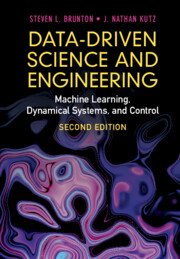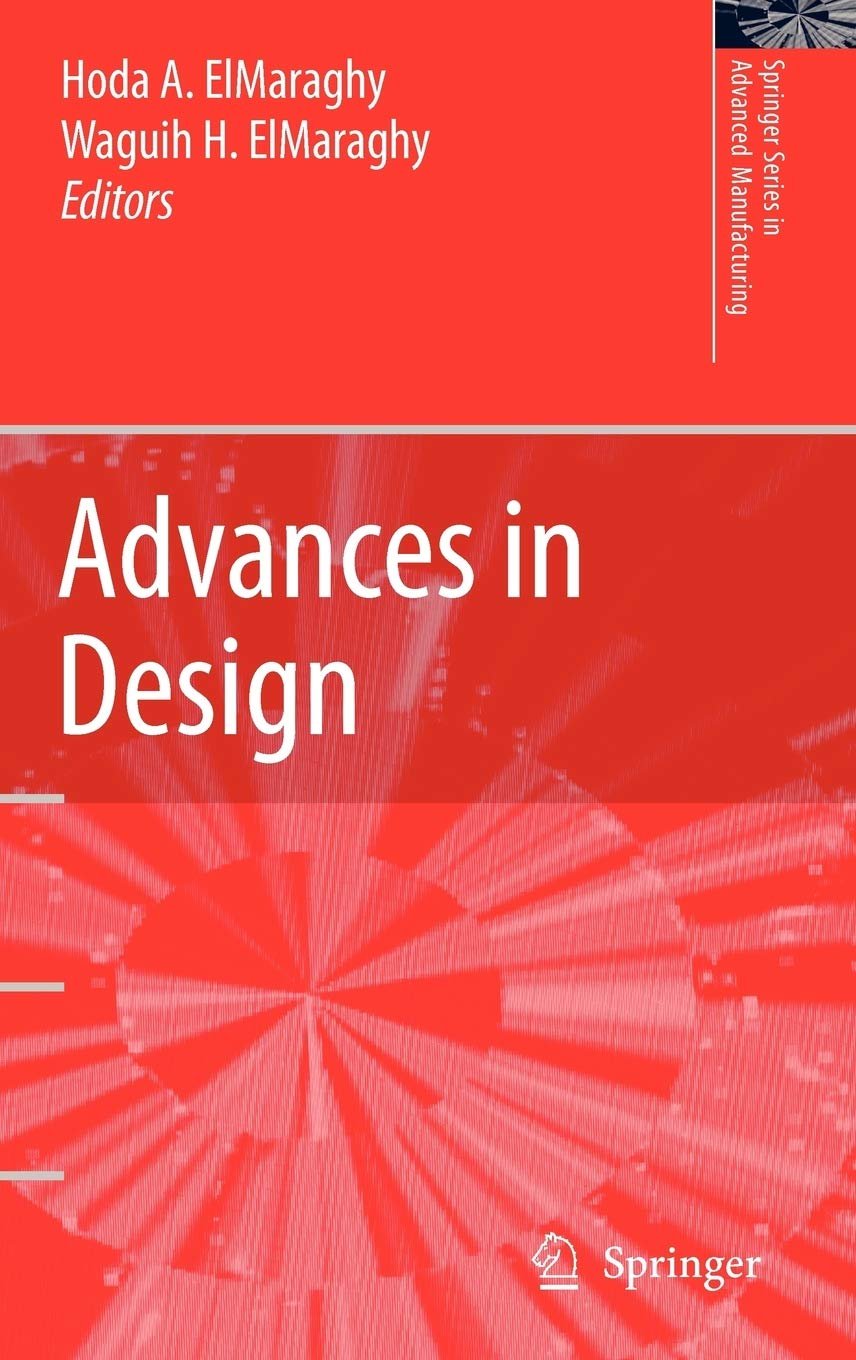Description
Data-driven discovery is revolutionizing how we model, predict, and control complex systems. Now with Python and MATLAB®, this textbook trains mathematical scientists and engineers for the next generation of scientific discovery by offering a broad overview of the growing intersection of data-driven methods, machine learning, applied optimization, and classical fields of engineering mathematics and mathematical physics. With a focus on integrating dynamical systems modeling and control with modern methods in applied machine learning, this text includes methods that were chosen for their relevance, simplicity, and generality. Topics range from introductory to research-level material, making it accessible to advanced undergraduate and beginning graduate students from the engineering and physical sciences. The second edition features new chapters on reinforcement learning and physics-informed machine learning, significant new sections throughout, and chapter exercises. Online supplementary material – including lecture videos per section, homeworks, data, and code in MATLAB®, Python, Julia, and R – available on databookuw.com.
- Offers first text in data science where data methods for scientific discovery are highlighted, aimed at advanced undergraduates, graduate students and researchers
- Highlights many of the recent advances in scientific computing that enable data-driven methods to be applied to a diverse range of complex systems, e.g. turbulence, the brain, climate, epidemiology, finance, robotics, and autonomy
- Supplementary material – including lecture videos for every section, homework for all chapters, data, full codes in Python, MATLAB®, Julia, and R, and additional case studies – can be found on databookuw.com
- Prerequisites include calculus, linear algebra 1, and basic computational proficiency in either Python or MATLAB
- Suitable for applied data science courses, including: Applied Machine Learning; Beginning Scientific Computing; Computational Methods for Data Analysis; Applied Linear Algebra; Control Theory; Data-Driven Dynamical Systems; Machine Learning Control; Reduced Order Modeling
Table of Contents
Part I. Dimensionality Reduction and Transforms:
1. Singular Value Decomposition
2. Fourier and Wavelet Transforms
3. Sparsity and Compressed Sensing
Part II. Machine Learning and Data Analysis:
4. Regression and Model Selection
5. Clustering and Classification
6. Neural Networks and Deep Learning
Part III. Dynamics and Control:
7. Data-Driven Dynamical Systems
8. Linear Control Theory
9. Balanced Models for Control
Part IV. Advanced Data-Driven Modeling and Control:
10. Data-Driven Control
11. Reinforcement Learning
12. Reduced Order Models (ROMs)
13. Interpolation for Parametric ROMs
14. Physics-Informed Machine Learning.












Reviews
There are no reviews yet.